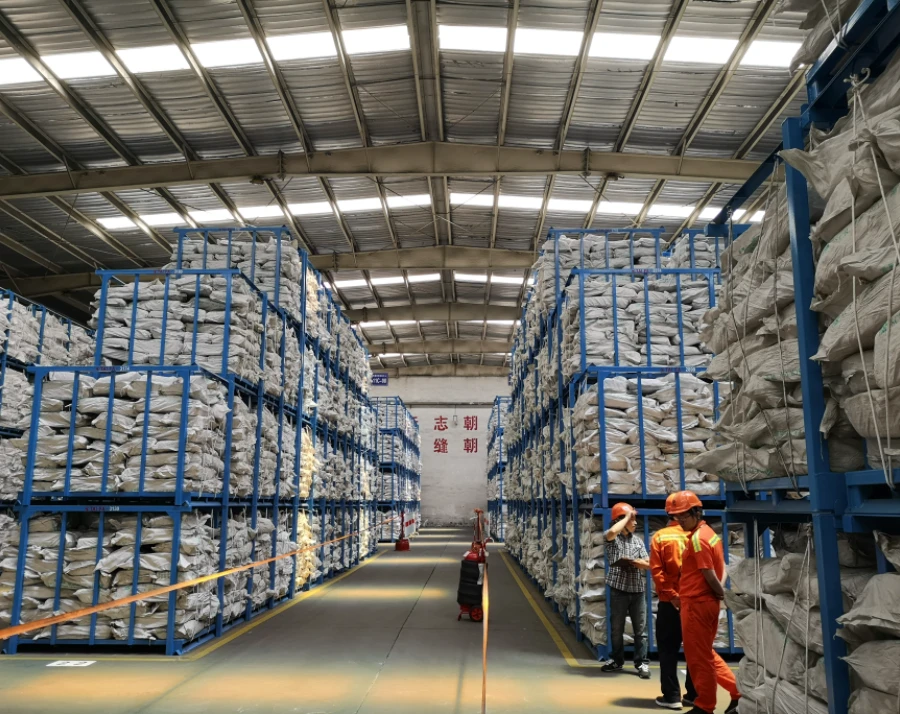



Barium Sulfate Factory - High-Quality Barium Sulfate Production
Barium Sulfate Factory An Overview
Barium sulfate (BaSO4) is a high-density inorganic compound widely used in various industrial applications, including paints, coatings, plastics, and paper production. The manufacturing of barium sulfate involves intricate processes and stringent quality control to ensure that the final product meets the specific needs of various industries. This article provides an overview of barium sulfate factories, the production process, and its applications.
The production of barium sulfate typically begins with the extraction of barium carbonate from natural sources, such as barium-rich minerals like witherite. This barium carbonate is then reacted with sulfuric acid in a controlled environment to generate barium sulfate and carbon dioxide. The chemical reaction can be summarized as follows
Barium Sulfate Factory An Overview
Once produced, the barium sulfate precipitate is filtered, washed, and dried to remove impurities and ensure that the final product maintains the desired level of purity. It is essential for factories to implement rigorous quality control measures throughout the process, as the specific properties of barium sulfate—such as particle size, surface area, and brightness—can significantly influence its performance in end-use applications.
barium sulfate factory

Barium sulfate is available in various grades, which are tailored to meet the requirements of different markets. For instance, paint manufacturers often require barium sulfate that has a high degree of whiteness and fine particle size to ensure uniform dispersion and coverage. Conversely, in the plastics industry, barium sulfate is valued for its ability to improve the density and mechanical properties of plastic materials.
One of the most critical applications of barium sulfate is in the oil and gas industry, where it serves as a weighting agent in drilling fluids. The high density of barium sulfate helps to control hydrostatic pressure and prevent blowouts during drilling operations. Additionally, it is utilized in the production of X-ray contrast agents, as its high atomic number provides excellent radiopacity, allowing for clearer imaging during medical procedures.
Environmental considerations are paramount in the operations of a barium sulfate factory. Manufacturers aim to minimize waste and emissions by adopting sustainable practices and technologies. Advanced filtration systems, closed-loop water recycling, and environmentally friendly chemicals are increasingly being employed to reduce the environmental footprint of barium sulfate production.
In conclusion, barium sulfate factories play a crucial role in supplying this versatile compound, which is essential for various industries. The production process entails a combination of chemistry and engineering to yield a high-quality product that meets diverse demands. As industries continue to evolve and emphasize sustainability, barium sulfate manufacturers are also adapting to ensure that their operations align with environmental standards while maintaining product excellence. The future of barium sulfate production looks promising, with ongoing innovations aimed at enhancing efficiency and sustainability in the manufacturing process.
-
Why Sodium Persulfate Is Everywhere NowNewsJul.07,2025
-
Why Polyacrylamide Is in High DemandNewsJul.07,2025
-
Understanding Paint Chemicals and Their ApplicationsNewsJul.07,2025
-
Smart Use Of Mining ChemicalsNewsJul.07,2025
-
Practical Uses of Potassium MonopersulfateNewsJul.07,2025
-
Agrochemicals In Real FarmingNewsJul.07,2025
-
Sodium Chlorite Hot UsesNewsJul.01,2025










